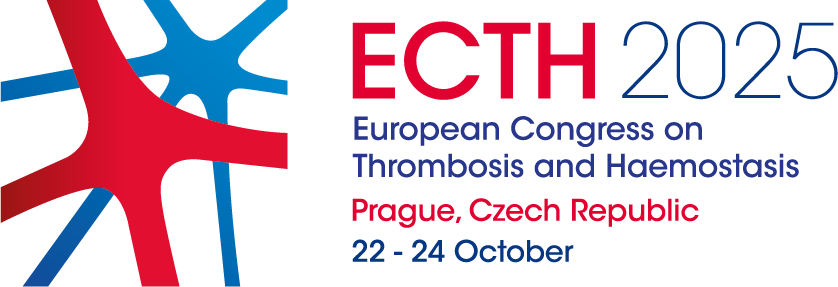Miriam Galbusera
Miriam Galbusera received her Biol.Sci.D. at the University of Milan (Italy). She was working from 1985 at the Mario Negri Institute for Pharmacological Research. After a fellowship in the Laboratory of Thrombosis and Hemostasis at Scripps Clinic and Research Foundation (La Jolla, CA) she returned at the Mario Negri Institute were she is currently head of the Unit of Platelet-Endotelial Cell Interaction.
As biochemist, Dr Galbusera was involved in studies aimed at clarify the molecular mechanisms that favor thrombosis in hemolytic uremic syndrome and thrombotic thrombocytopenic purpura. These studies provided evidence that complement activation at the endothelial level has a key role in triggering platelet activation and thrombus formation. She developed the test with microvascular endothelial cells used for the determination of complement activation. She has studied the role of complement in a model of STEC-HUS and provided evidence that Shigatoxin induced alternative complement activation leading to microvascular thrombosis in diarrhea-associated HUS.
Her fields of interest include VWF and ADAMTS13 biochemistry, complement dysregulation, platelet-endothelial cell interaction and platelet pathophysiology in uremia.
In 2010 her laboratory was accredited by Regione Lombardia and the Italian National Health Service as a reference centre for biochemical and genetic diagnostic tests in patients with aHUS and TTP and in 2015 the accreditation was extended to C3G/MPGN, steroid resistant nephrotic syndrome and PKD. On July 2017 the laboratory received the ISO 9001/2008 certification for biochemical and genetic analysis in patients with rare diseases.
Her group also discovered the genetic cause of very rare renal disease, the glomerulopathy with fibronectin deposits and a new genetic form of childhood onset familial FSGS associated with mutation in the myosin 1E gene. Using next generation sequencing technology her group has identified a new genetic form of recessive steroid resistant nephrotic syndrome (SRNS) associated with mutations in the myosin 1 E gene. Dr. Noris has been invited to hold lectures at a number of National and International congresses and is author and co-author of more than 200 scientific articles, reviews and monographs.
